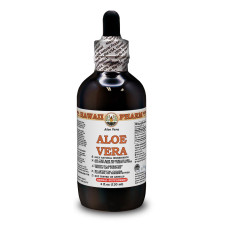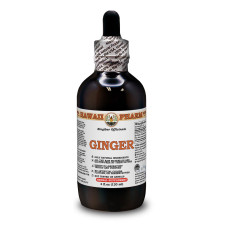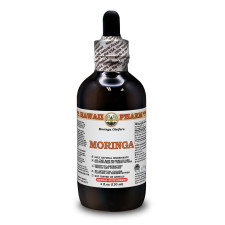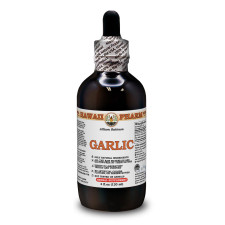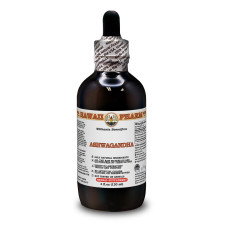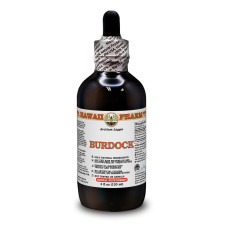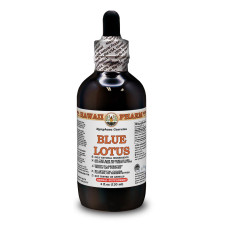- Home
- Alcohol Herbal Extracts
- Alcohol-FREE Herbal Extracts
- Veterinary Herbal Extracts
- Partnership
Partnership
We are open for cooperation with all interested persons or organizations. We have plenty of partners from all around the world and are looking for a long-term cooperation with new ones. At the present time we offer the following cooperation models:

WHOLESALER
We offer up to 30% discounts for wholesalers. The exact discount amount is dependent on your order amount, quantity and size of items. Minimum order amount is $300.

PRACTITIONER
Only for licensed practitioners! Create an account as practitioner and get special exclusive promotions. This kind of account is required manual approve.

AFFILIATE PROGRAM
Do you recommend us to your friends, family, colleagues and/or clients? If so: Thanks! We really appreciate it! Join our affiliate program. It’s by far the best way to monetize your Twitter or Facebook page, blog, or website.
- Blog
- Contact Us

FULL SLEEP = STRONG IMMUNITY: HOW DOES IT WORK?
How does sleep affect immunity, and how long do you need to sleep to get less sick?
Humanity has 2 problems: a constant increase in the pace of life and limited hours in a day. Someone chooses a quick way to combat the lack of time increasing the period of wakefulness by reducing night sleep. But this way only seems effective. After one, two, or three months, the body’s reserves are depleted, which is fraught, at best, with a steady decrease in working capacity, and in the worst, with a decrease in immunity. Many know firsthand the fact that "sleep is the best medicine". After all, it is not for nothing that the symptoms of a cold often disappear without a trace, if a person sleeps well. But guesses are one thing, and facts are another. Scientists have been able to explain how sleep improves immunity, scientifically.
The relationship between sleep and immunity
During sleep, the immune system provides “maintenance” of the body. This statement was confirmed by a team of scientists from the United States. For 5 years they controlled the condition of 165 volunteers, infecting them with viruses by the artificial way. As it turned out, people who slept up to 6 hours a day fell ill 5 times more often than those who slept 7-8 hours. They recovered more slowly and regularly recurred. The study leader, Professor Prater, formulated the following conclusion: “Lack of sleep increases the risk of catching a cold more than other factors. It does not matter how old a person is, what kind of work he has, whether he has bad habits - the sleep factor is more important.”
In the 1990s, scientists from Chicago conducted an experiment on rodents. They were deprived of sleep, and after 3 days, 50% of the mice died. Even after a full sleep, most of the remaining experimental subjects suffered the same fate. At the autopsy, the researchers saw a strange picture: the stomachs of dead rodents were dotted with deep ulcers. Conclusion: lack of sleep gradually leads to the complete destruction of immunity.
The formation of immunological memory during sleep
The mechanism for improving immunity during sleep was described by German scientists led by the neuroscientist Born. They studied the processes that occur in the immune system at the stage of slow deep sleep, and found that at this moment immunological memory is formed and strengthened. When a person is asleep, immune T cells systematize and remember “information” about the foreign agents they have encountered in a day. Upon subsequent penetration of pathogenic microbes into the body, T cells recognize their individual fragments and respond to the invasion by the active production of antibodies.
Attention! If a person sleeps insufficiently or intermittently, the immune system focuses on the wrong fragments of foreign microorganisms, which leads to an inadequate formation of immunological memory. As a result, T cells are mistaken in the recognition of pathogenic particles, and there is an increased risk of getting sick.
How much to sleep to increase immunity?
Healthy sleep lasts from 6 to 8 hours. The quality of sleep affects the protective functions of the body no less than the quantity. It is advisable to get into bed before 22.30, since from 23.00 to 01.00 melatonin, a hormone that stimulates the immune system, is more actively produced.
Attention! Melatonin is worse produced in the light, so it is better to sleep in the dark or at least hang curtains.
On average, a person sleeps a third of his life. But, planning to extend the period of wakefulness, remember how this will harm the immune system and health. Diseases can take much more time than you can save while sleeping.
STRESS IS EVERYWHERE. BEFRIEND WITH YOUR BODY
Stress is a special body reaction to stimulants or danger, during which about 1400 psycho-physiological changes occur. For example, the blood level of adrenaline increases, blood pressure rises, blood..
RED AND STRONG WITH VITAMIN C
Rose hips are the fruit of rose bushes. Fresh fruits can have more vitamin C than orange. The rose hips valued for their medicinal use come from two rose varieties: Rosa gallica and Rosa canina. They..
SPECTACULAR AND MYSTERIOUS POPPY
Poppy is a herbaceous annual or perennial flowering plant that belongs to the family Papaveraceae. Poppies can be found in the Northern Hemisphere. The flowers are colorful and cup-shaped and usually..
SAINT JOHN’S WORT
Saint John’s wort, or Hypericum perforatum, is a flower that belongs to the Hypericaceae family. Saint John’s wort is native to some countries of Europe and Asia but now is quite widespread. ..
Get exclusive deals you will not find anywhere else straight to your inbox!
Subscribe / UnsubscribeCookies policy
 We use cookies and similar technologies that are necessary to operate the website.
You can consent to our use of cookies by clicking "Accept..."
We use cookies and similar technologies that are necessary to operate the website.
You can consent to our use of cookies by clicking "Accept..."
Get exclusive deals you will not find anywhere else straight to your inbox!
Subscribe / UnsubscribeWe meticulously produce our extracts according to precise standards where each herb is extracted according to the distinct characteristic of each plant! Hawaii Pharm LLC offers the biggest choice of liquid herbal extracts in the World!

Hawaii Pharm LLC - Nature Heals. Highest Quality Herbal Products Since 2008.







